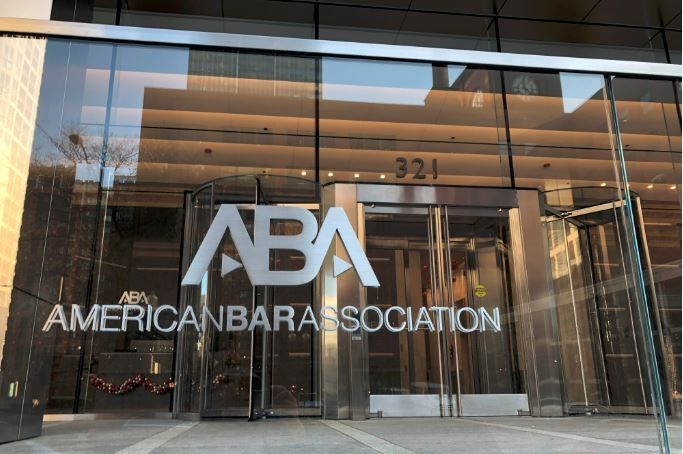
The American Bar Association (ABA) has recently granted permission to five additional law schools to utilize the alternative admissions program, JD-Next. This decision increases the number of campuses that allow applicants to bypass the traditional Law School Admission Test (LSAT) or Graduate Record Examinations (GRE) to a total of 57.
New Additions to JD-Next
The newly approved institutions include Fordham University School of Law, the University of Illinois College of Law, DePaul University College of Law, the University of Arkansas at Little Rock William H. Bowen School of Law, and the University of St. Thomas School of Law. This approval came following a meeting of the ABA’s Council of the Section of Legal Education and Admissions to the Bar in late May.
Want to know if you’re earning what you deserve? Find out with LawCrossing’s salary surveys.
Growing Acceptance of JD-Next
With these additions, over a quarter of the 197 ABA-accredited law schools now accept JD-Next as a valid admissions pathway. Proponents of JD-Next argue that it serves as a crucial tool for evaluating law school candidates without perpetuating the racial score disparities associated with other standardized tests. For instance, a 2019 study revealed significant gaps in LSAT scores, with Black test-takers averaging 142 out of 180, compared to 153 for white and Asian test-takers.
Addressing Standardized Test Disparities
Critics of the LSAT argue that the exam is inherently biased, reflecting broader racial disparities within the education system. JD-Next aims to counteract this by offering an eight-week online contracts course for prospective law students, culminating in a law school-style exam. The results of this exam can then be used in place of LSAT or GRE scores for admissions.
Development and Costs of JD-Next
JD-Next was developed by the University of Arizona James E. Rogers College of Law in 2019 and is currently operated by Aspen Publishing. The program costs participants $299, making it a relatively accessible option for many students. The accelerated adoption of JD-Next follows the U.S. Supreme Court’s June 2023 decision that limited the consideration of race in college admissions, prompting schools to seek alternative methods to maintain diversity.
ABA’s Stance and Future Prospects
Despite the growing acceptance of JD-Next, the ABA has not yet granted it the same blanket approval as the LSAT and GRE. In February, the ABA decided that further study is required to confirm whether JD-Next is a valid and reliable predictor of first-year law school performance. Consequently, individual law schools wishing to use JD-Next must apply for and receive a variance from the ABA’s standardized admissions test requirement.
Schools Already Onboard
Several prestigious institutions have already adopted JD-Next, including Vanderbilt Law School, Boston College Law School, and Emory University School of Law. As more schools consider this alternative, JD-Next may play a significant role in shaping the future of law school admissions.
Don’t be a silent ninja! Let us know your thoughts in the comment section below.
















































